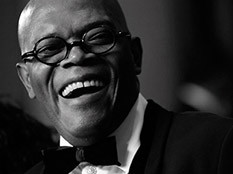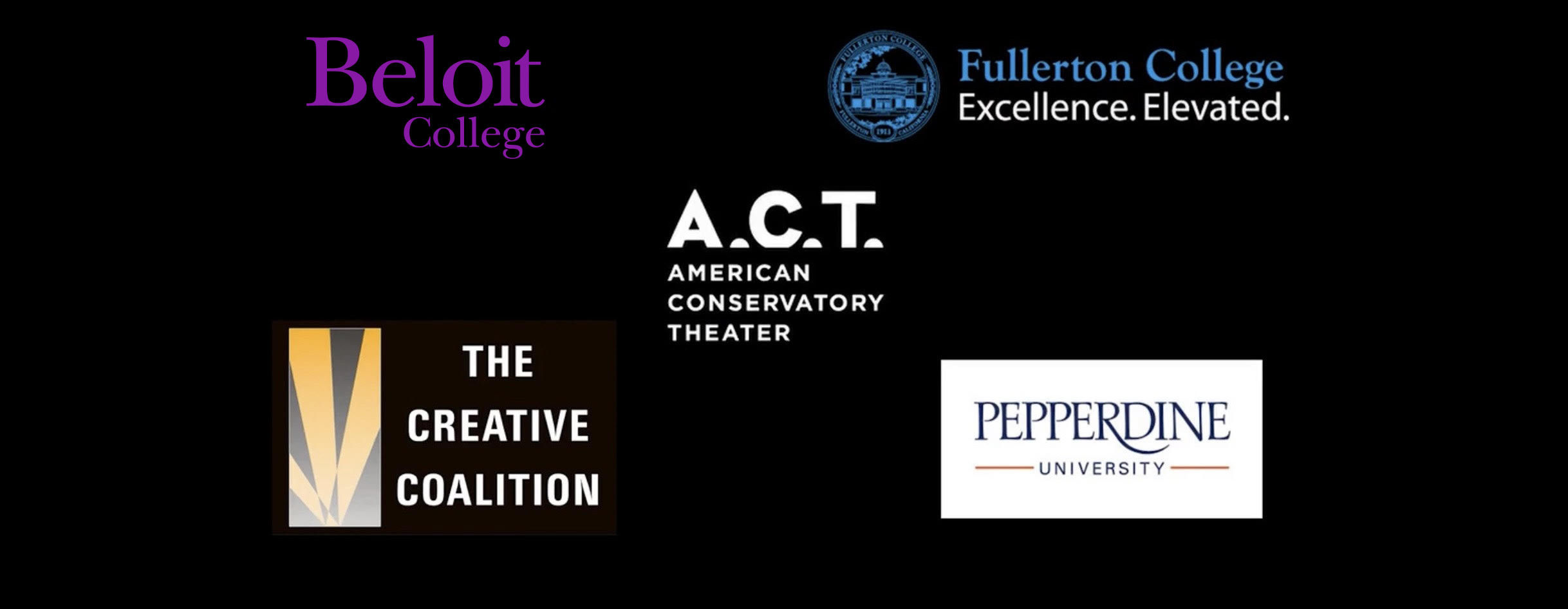



THE WORKSHOP
Acting Training to Match Your Life
Transformations Daily
LIVE ONLINE CLASS & ON-DEMAND LESSONS
With NYC & LA based producer, director and performance coach
TOM TODOROFF
LET'S CONNECT » LET'S CONNECT »
ABOUT TOM & THE STUDIO
Over the course of a career spanning four decades, Tom Todoroff has coached, produced, directed and acted alongside some of the most celebrated and respected names in theater, film and television and rock & roll. Check out this video to learn more about his background!
Testimonials

“Todoroff is the best, all you need is T.T.”
Samuel L. Jackson

“To be an actor is to be a fighter. Mr. Todoroff is a real fighter.”
Stella Adler

“Tommy, you're the Invisible Coral Reefer. You hear stuff that only dogs hear and see stuff that only eagles see! I want you to know how much I've learned from you. You always give me great inspiration.”
Jimmy Buffett

“Tom’s care, sensitivity, and insight are second to none.”
Liam Neeson

“Tom teaches me how to trust my own instincts and to always work from myself.”
Sasha Alexander

“If I wanted to be an actor, Tom’s the guy. Oh…and he’s fun.”
Alexander Payne

Blanca B
"This workshop isn't just about acting - it's about life and how our responsibility to ourselves and to our craft are eternally intertwined. "To Thine Own Self Be True." If we can face our life with truth, humor and passion, our acting will follow."

Scott Edward L
"Amazing class experience with a palpable feeling of community and family. Everyone was supportive, nurturing and ready to learn. I was especially touched to see people from Chile, Australia, Jakarta and everywhere in between. Some were online at 3am, others were getting their kids off to school. I felt like I was truly part of something bigger than myself."

Jagruti P
"If you're dedicated to fast-forwarding your career, you must attend this online acting class. It will guide you to understanding yourself and the business."

Christina C
"Wanted to share I'm running to attend a rehearsal for a new production I've been cast in. I cannot express how GRATEFUL I am for Emily and Tom and this INCREDIBLE COMMUNITY. It has been a huge blessing in my life and doing the work here is what's gotten me the work out there!!! I appreciate you all more than I can express!"

Laurie K
"Best acting (and life) training imaginable. I learned more in one day with Tom than I ever learned in a University semester. Core principles to guide the actor which overflow into life in general. I'm a stronger actor AND human, thanks to this class."

Lars C
"Tom's ability to redirect a sub-par performance into a bookable one is remarkable and a thing of beauty to watch. He also teaches from a very clear and organized framework, which - when learned and followed - allows us to self-diagnose and make top level choices ourselves rather than being fully dependent on his direction."
member of





TOM HAS
WORKED WITH
Sasha Alexander, Joan Allen, Karen Allen, Shamier Anderson, Patricia Arquette, Michael Bent, Cicely Berry, Jacqueline Bisset, Jimmy Buffett, Kate Burton, Kerry Butler, Billy Campbell, Elpidia Carrillo, Nell Carter, Josh Charles, Susan Cowsill, Gavin Creel, Marcia Cross, Henry Czerny, Blythe Danner, Claire Danes, Daniel Davis, Lolita Davidovich, Joaquim DeAlmeida, Jeff “The Dude” Dowd, Roma Downey, Lindsay Duncan, Hector Elizondo, Scott Ellis, Harrison Ford, Darrell Foster, Victor Garber, Sarah Michelle Gellar, Perri Gilpin, Richard Gere, Brendan Gleeson, Tony Goldwyn, Topher Grace, Joel Grey, Bruce Greenwood, Lukas Haas, Marriette Hartley, Mariel Hemingway, Bob Hoskins, Helen Hunt, Samuel L. Jackson, Bianca Jagger, Allison Janney, Cherry Jones, Tommy Lee Jones, Dakota Johnson, Moira Kelly, Robert Lansing, Carl Lewis, Daniel Lindsay, Ray Liotta, Lucy Liu, Heather Locklear, Gabriel Mann, Eric McCormack, Dina Merrill, Sienna Miller, George Morfogen, James Naughton, Liam Neeson, Timothy Olyphant, Peter O’Toole, Gwyneth Paltrow, Lou Diamond Phillips, Christina Ricci, Doris Roberts, Keri Russell, Rene Russo, Bas Rutten, Josef Sommer, Jill St. John, Paul Stanley, Toby Stephens, Jon Tenney, Richard Thomas, Maria Tucci, Carmen Twillie, Diane Venora, Katie Wagner, Natasha Wagner, Robert Wagner, Emily Watson, Dar Williams, Robert Wuhl, Alex Wurman & Rachel York.

PRODUCER AND CONSULTANT



KEYNOTE SPEAKER


